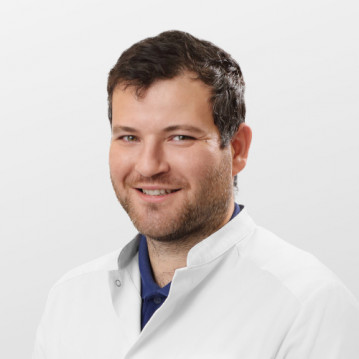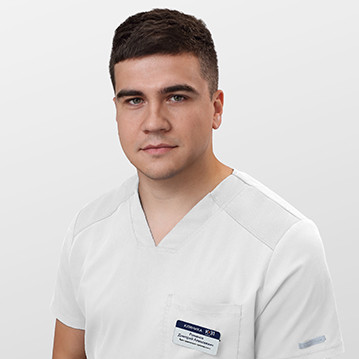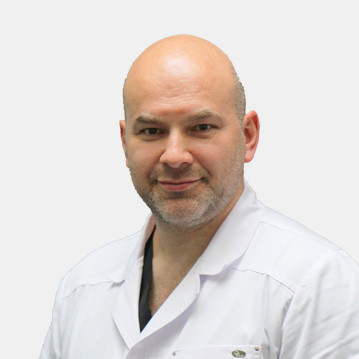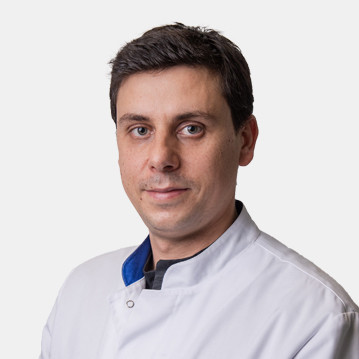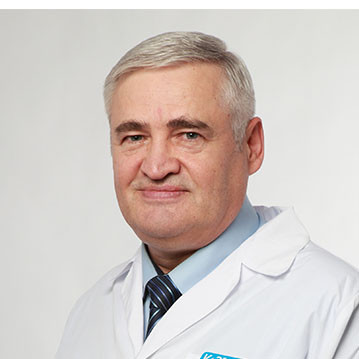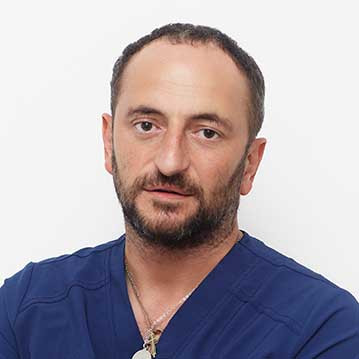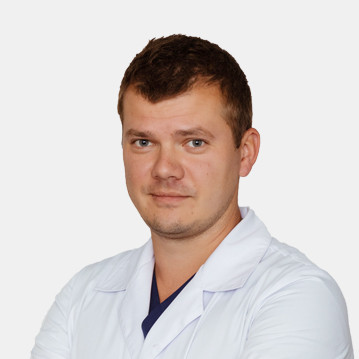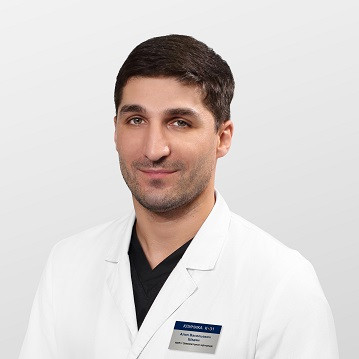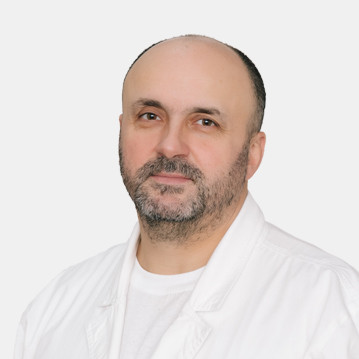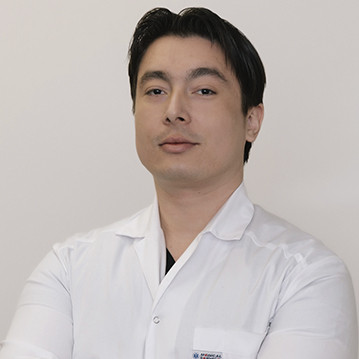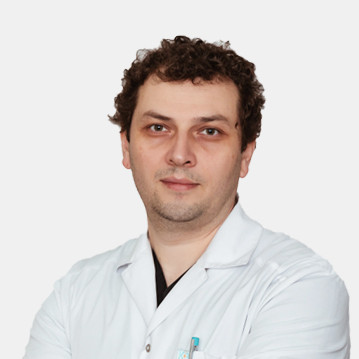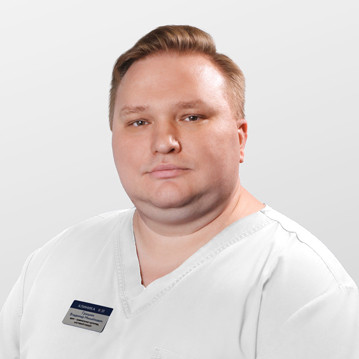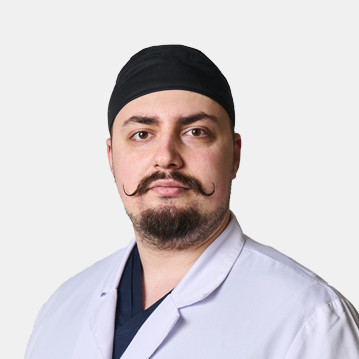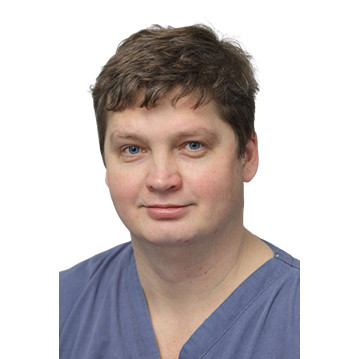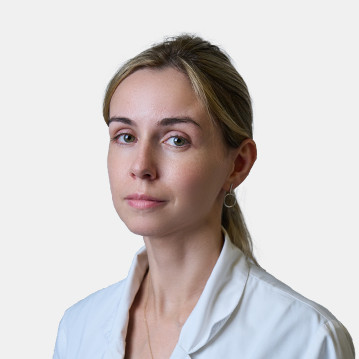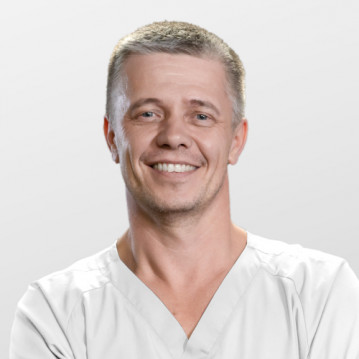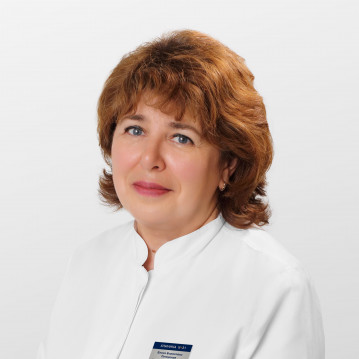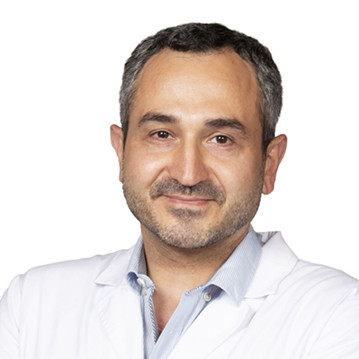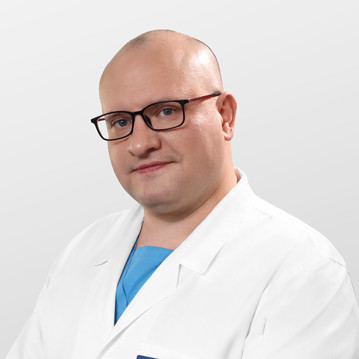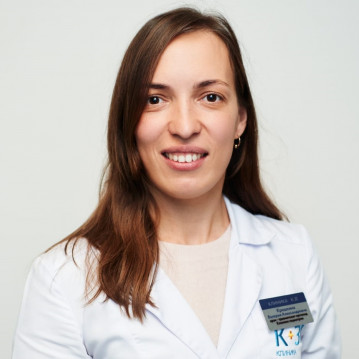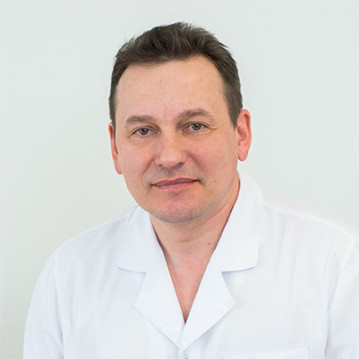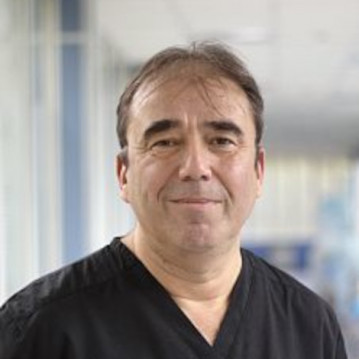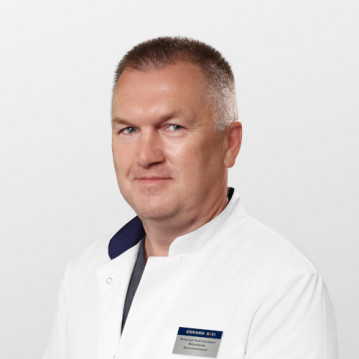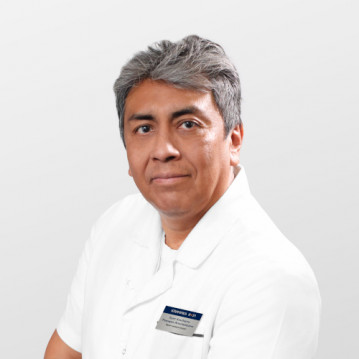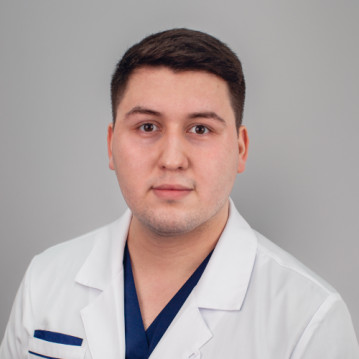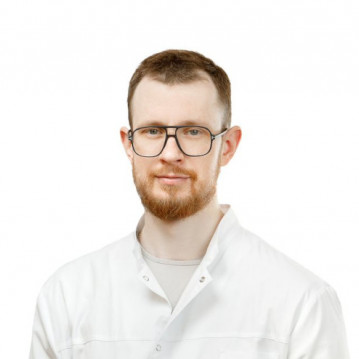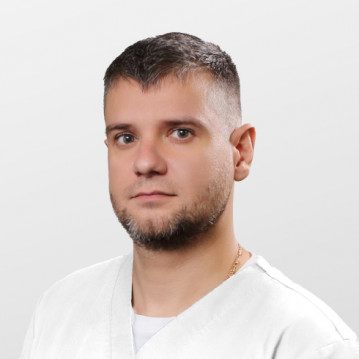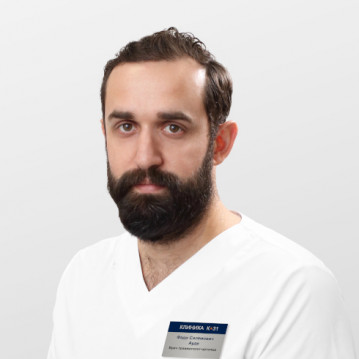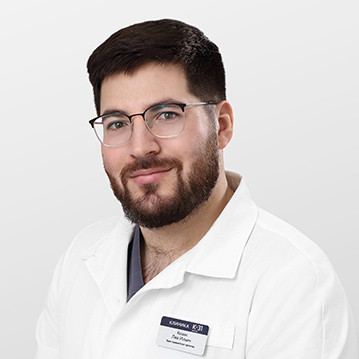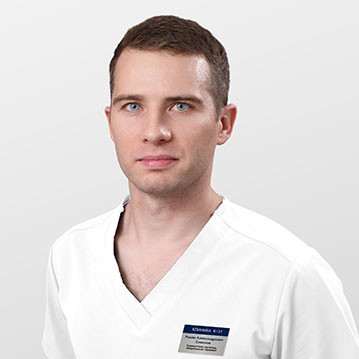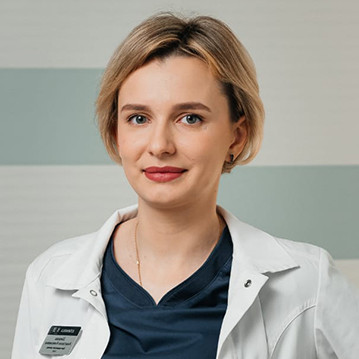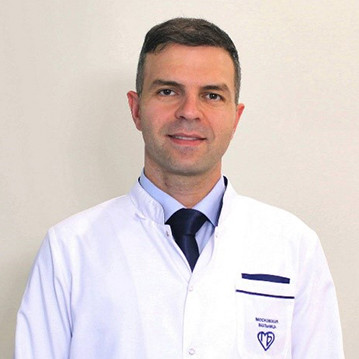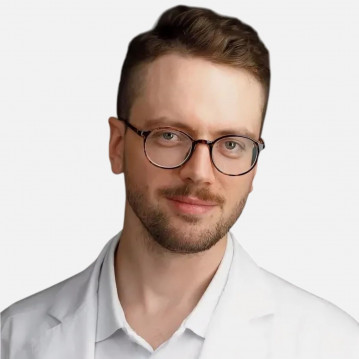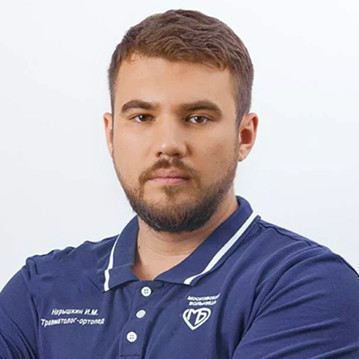An orthopedist-traumatologist is a doctor who diagnoses and treats diseases of the musculoskeletal system. He has in-depth knowledge of physiology, anatomy and traumatology. Thanks to this, an orthopedic traumatologist can recognize any injuries to bones, tendons, muscles, nerve damage, and also prescribe the correct treatment. You can make an appointment with an experienced orthopedist by contacting the registry of our clinic in person or by calling the specified number.
What diseases does an orthopedic traumatologist treat?
- spinal lesions, including those that cause poor posture;
- fractures (open and closed);
- kyphosis and scoliosis;
- dislocated joints;
- flat feet;
- oncological diseases of bones, joints, as well as benign neoplasms;
- bruises and tendon ruptures;
- arthritis, arthrosis;
- damage to the ligaments.

Flat feet can be either congenital or acquired. The disease causes a change in the shape of the foot and pain sensations of varying intensity. Severe edema of the lower extremities is possible, especially after physical exertion.
Kyphosis and scoliosis are curvature of the spine. The danger of the disease lies in the fact that if you do not start treatment in a timely manner, then the deformity of the spine can become irreversible. This will negatively affect not only posture, but also the ability to move independently.
The orthopedist-traumatologist also resolves issues related to endoprosthetics. This is a modern method of treatment, which consists in replacing the affected bone or joint with a functional prosthesis. Endoprosthetics is most often used for deforming arthrosis, aseptic necrosis of the femoral head, and rheumatoid arthritis. The prosthesis allows a person to return to normal life with a complex fracture of the femoral neck or acetabulum.
Symptoms and Diagnosis
Consultation with an orthopedic traumatologist is required for any deformities of bones or joints. It is necessary in case of injuries, fractures, dislocations. It is recommended not to postpone the appointment for the diagnosis if you have the following symptoms:
- clicking or soreness in the joints during movement;
- Difficulty doing physical work (for example, having difficulty climbing stairs)
- enlargement or swelling of the joints.
Surgical orthopedics is the only possible solution in situations where drug therapy has not brought any results or is contraindicated for the patient for one reason or another.
